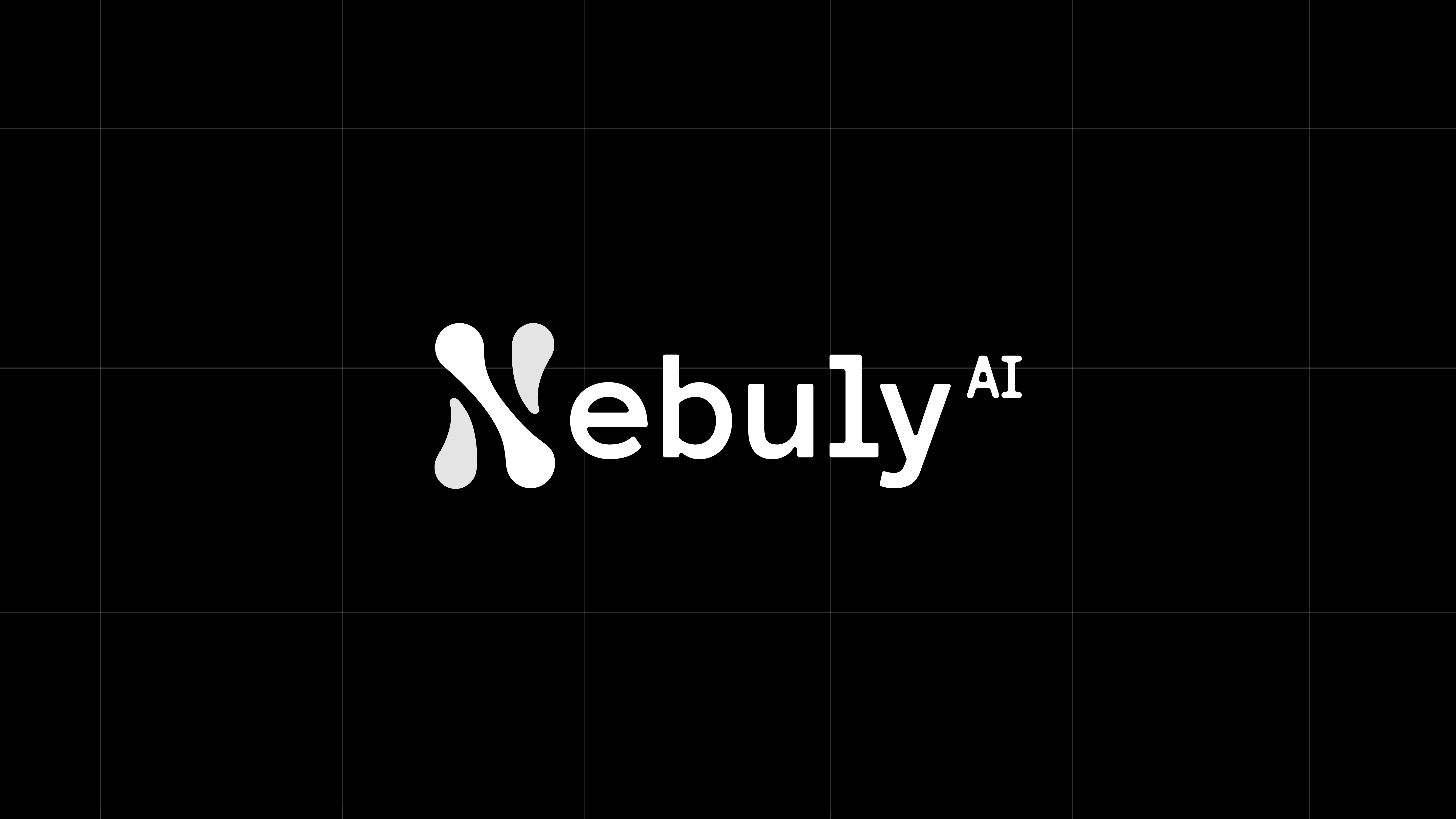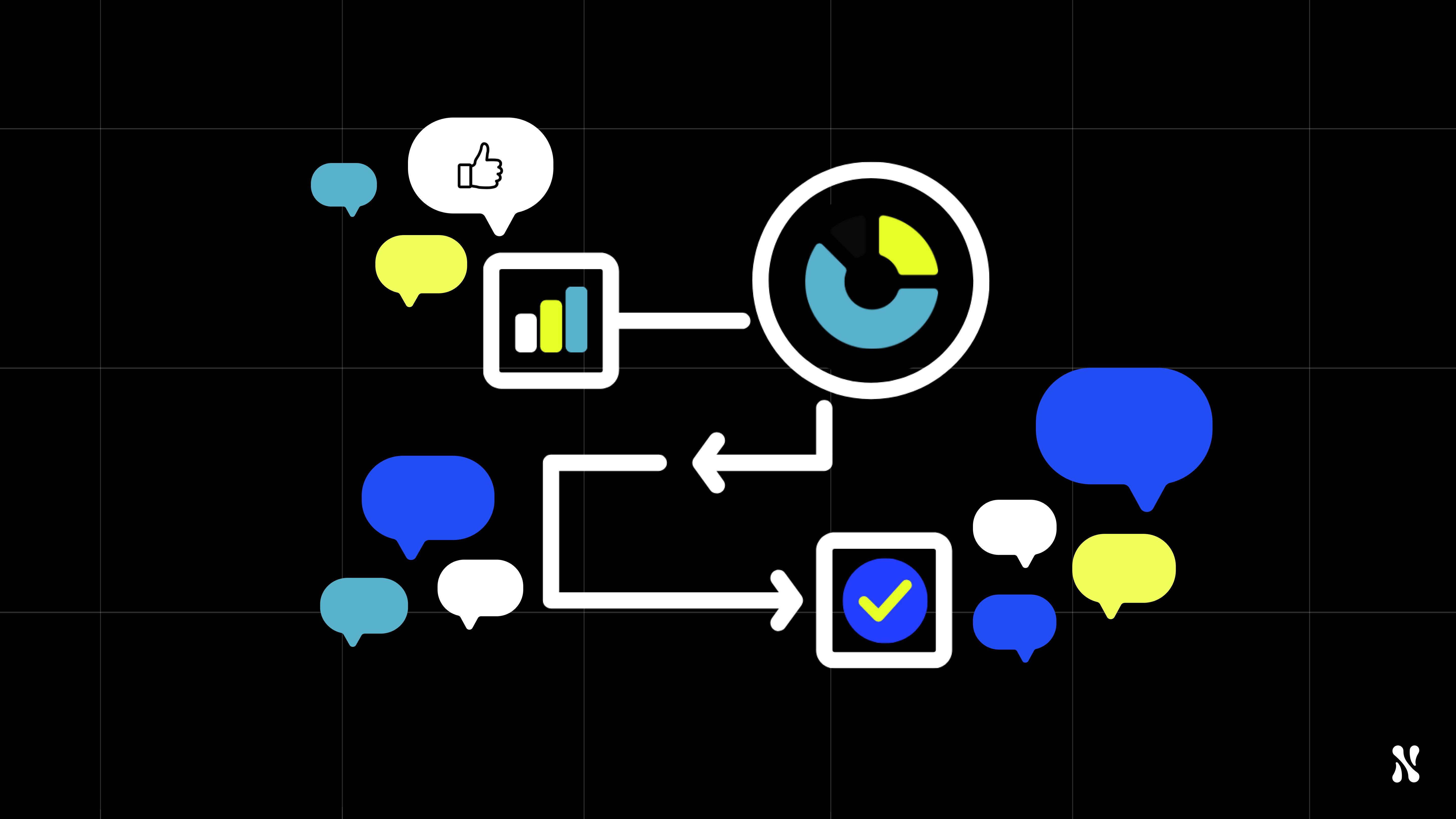As the landscape of AI continues to evolve, the demand for cost-effective yet powerful language models has grown. OpenAI, Anthropic, and Google have each introduced small-scale models that cater to a variety of applications without the hefty costs associated with their larger counterparts. In this article, we compare three of the leading small language models: GPT-4o Mini, Claude 3 Haiku, and Gemini 1.5 Flash, focusing on their capabilities, performance, and pricing to help you determine which model best suits your needs.
Technical Overview
GPT-4o Mini
- Release Date: July 2024
- Company: OpenAI
- Context Window: 128,000 tokens
- Capabilities: Text and vision processing, future support for audio and video
- Performance: Great quality outperforming previous larger OpeanAI models like GPT-3.5 Turbo and on many benchmarks, the other Small Language Models.
- Applications: Ideal for cost-sensitive applications requiring real-time, high-quality output like customer support, large-scale code analysis, and parallel processing of multiple model calls.
Claude 3 Haiku
- Release Date: March 2024
- Company: Anthropic
- Context Window: 200,000 tokens
- Capabilities: Strong text and image processing, optimized for speed and cost-efficiency
- Performance: Ranks well in speed and quality, making it suitable for complex and high-throughput tasks
- Applications: Recommended for content moderation, real-time translations, optimized logistics, and large-scale document analysis
Gemini 1.5 Flash
- Release Date: May 2024
- Company: Google
- Context Window: 1,000,000 tokens
- Capabilities: Multimodal processing with extensive context handling, including text, audio, and vision
- Performance: One-million-token context window, can process one hour of video, 11 hours of audio, codebases with more than 30,000 lines of code, or over 700,000 words. It also typically outperforms other models on speed.
- Applications: Suited for information seeking, object recognition, and tasks requiring extensive context, such as codebase analysis and audio/video transcription.
Model Comparison
Each of these models brings unique strengths to the table, catering to different needs and use cases.
- Context Window: Gemini 1.5 Flash stands out with an enormous 1,000,000-token context window, which is unmatched by GPT-4o Mini's 128,000 tokens and Claude 3 Haiku's 200,000 tokens. This makes Gemini 1.5 Flash particularly powerful for tasks that require processing large volumes of data, such as long-form document analysis and multi-step reasoning.
- Multimodal Capabilities: While all three models support text and vision, GPT-4o Mini and Gemini 1.5 Flash are designed to eventually support audio and video inputs, with Gemini 1.5 Flash already offering advanced multimodal capabilities. Claude 3 Haiku, while strong in text and image processing, does not currently extend to audio or video, making it less versatile in this regard.
- Performance: GPT-4o Mini excels in reasoning and coding tasks, making it a strong contender for applications requiring quick, accurate decision-making. Claude 3 Haiku is designed for speed, which is beneficial for real-time applications. Gemini 1.5 Flash, with its vast context window, multimodal capabilities and speed offers exceptional performance in tasks that involve large datasets or long-form content.
Pricing Comparison
When it comes to cost, each model offers different advantages depending on the use case:
- GPT-4o Mini is priced at $0.15 per 1 million (M) input tokens and $0.60 per 1M output tokens, making it a cost-effective option for a wide range of applications. Its pricing is designed to be accessible while still offering robust performance across various tasks.
- Claude 3 Haiku is more expensive, with costs at $0.25 per 1M input tokens and $1.25 per 1M output tokens. However, its higher cost is offset by its superior speed and efficiency, particularly for tasks that involve large-scale text processing and rapid output generation.
- Gemini 1.5 Flash offers the most competitive pricing for small-scale models, especially for prompts under 128K tokens, with input costs at $0.075 per 1M tokens and output costs at $0.30 per 1M tokens. This makes it an attractive choice for developers who need to process large volumes of data without incurring high costs.
Suitable Use Cases
- GPT-4o Mini: Best suited for developers and businesses that need a balance of cost and performance, particularly in tasks involving real-time customer interactions, large-scale code analysis, and parallel processing.
- Claude 3 Haiku: Ideal for enterprises that prioritize speed and need to process large datasets quickly, such as in content moderation, real-time translations, and document analysis. Anthropic’s (the company behind Claude) focus on AI safety and ethics might also a factor to consider Claude 3 Haiku.
- Gemini 1.5 Flash: The go-to model for tasks requiring extensive context handling, such as processing long documents, complex reasoning, and multimodal understanding across text, audio, and vision with low cost.
Conclusion
Each of these small language models offers distinct advantages depending on the use case. GPT-4o Mini provides a strong combination of performance and affordability, making it a versatile choice for a wide range of applications. Claude 3 Haiku excels in speed and is well-suited for real-time and high-throughput tasks, combined with Anthropics high standard on AI safety. Gemini 1.5 Flash stands out with its vast context window and competitive pricing, making it ideal for developers needing to process large volumes of data efficiently, additionally it's easy to take into use if you are already a Google Cloud customer.
Ultimately, the choice between these models will depend on the specific needs of your project, including the required context window, multimodal capabilities, budget considerations and current tech stack.
About Nebuly
Nebuly is an LLM user-experience platform. We help companies deploying LLM-powered applications gain valuable insights and continuously improve and personalize LLM experiences, ensuring that every customer touchpoint is optimized for maximum engagement. If you're interested in enhancing your LLM user experience, we'd love to chat. Please book a demo meeting with us HERE.






